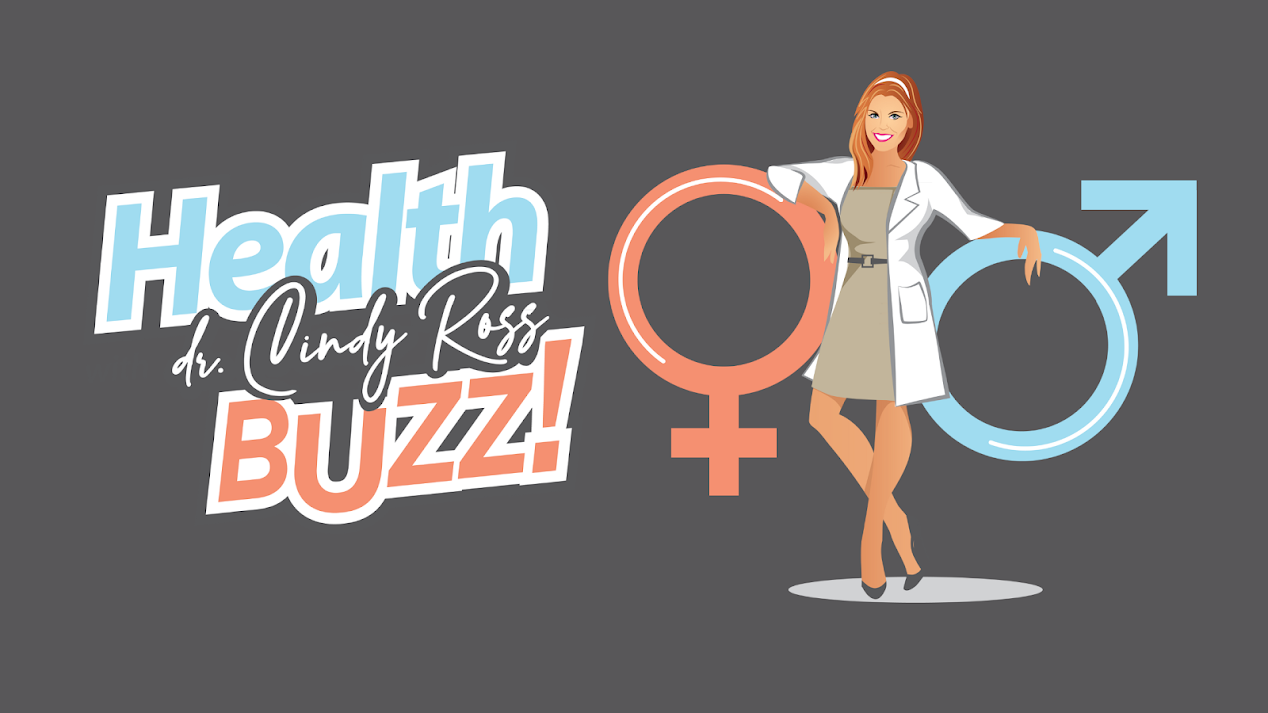As the temperatures soar, many of us seek comfort in the shade, fans, and air conditioning. But besides the discomfort, heat waves can pose severe health risks. Heat-related illnesses such as heatstroke, heat exhaustion, and dehydration are serious and can be fatal if not addressed promptly. Follow these essential tips to ensure you stay healthy and safe during a heatwave.
1. **Stay Hydrated:** This is the golden rule. Your body loses fluids rapidly during hot weather, especially if you're sweating profusely. Make sure to drink water frequently, even if you're not thirsty. Avoid alcohol, caffeine, and high-sugar beverages as they can lead to dehydration.
2. **Wear Appropriate Clothing:** Light-colored, loose-fitting clothing made of breathable materials like cotton can help reflect sunlight and keep your body cool. Don't forget a wide-brimmed hat and sunglasses for added protection.
3. **Limit Outdoor Activities:** If possible, avoid going out during the peak heat hours between 10 a.m. and 4 p.m. If you must be outside, try to stay in the shade or wear a protective hat.
4. **Use Fans or Air Conditioning:** Fans can help circulate air, making the temperature feel cooler. If you don't have air conditioning, consider spending time in air-conditioned public places like shopping malls, libraries, or community centers.
5. **Cool Your Skin:** Use a damp cloth or have a cool shower or bath. You can also fill a spray bottle with water and keep it in the refrigerator for a quick refreshing spray to your face after being outdoors.
6. **Stay Informed:** Keep an eye on the weather forecast and be aware of any heat advisories in your area. Many regions offer heat-health warning systems or apps to alert residents when there's a risk of heat-related illnesses.
7. **Never Leave Anyone in a Parked Car:** This can't be stressed enough. Not children, adults, or pets. Even with the windows cracked open, the inside of a car can become dangerously hot in just a few minutes.
8. **Recognize the Signs of Heat-related Illnesses:** Know the symptoms of heat exhaustion (like heavy sweating, weakness, cold or clammy skin, a fast but weak pulse, and fainting) and heatstroke (like a high body temperature, hot and dry skin, a rapid and strong pulse, and unconsciousness). If someone exhibits these signs, move them to a cooler location and seek medical attention.
9. **Maintain a Balanced Diet:** Eating light and avoiding heavy meals can help your body cope better with the heat. Incorporate more fruits and vegetables as they can provide the hydration your body needs.
10. **Stay Connected:** Check in on elderly neighbors, family, and friends who may be more vulnerable to heat-related health risks. A simple phone call or visit can make all the difference.
In conclusion, while the scorching sun and high temperatures of a heatwave can be daunting, a proactive approach to health and safety can help you easily navigate these challenging conditions. Prevention is better than cure, so stay cool and hydrated!


No comments:
Post a Comment
Thanks for taking the time to check out my blog!